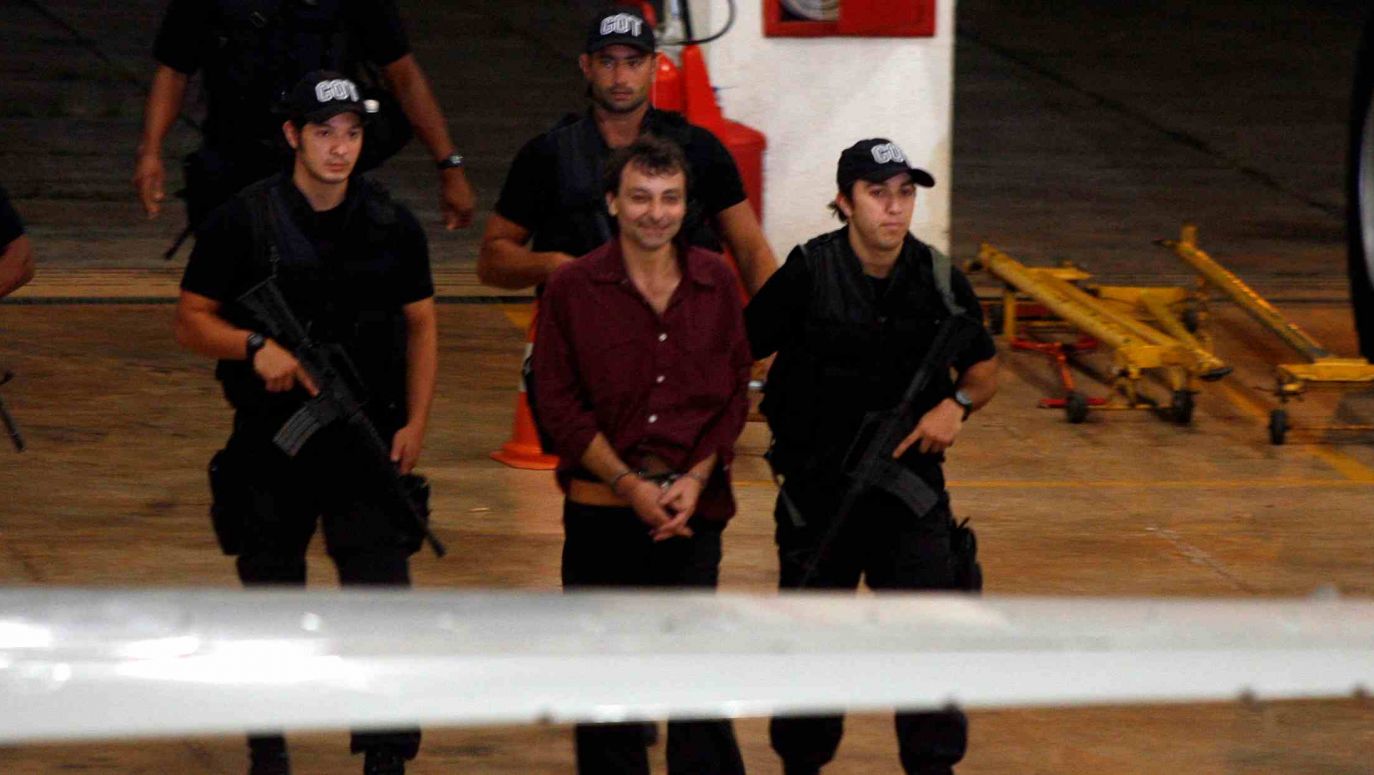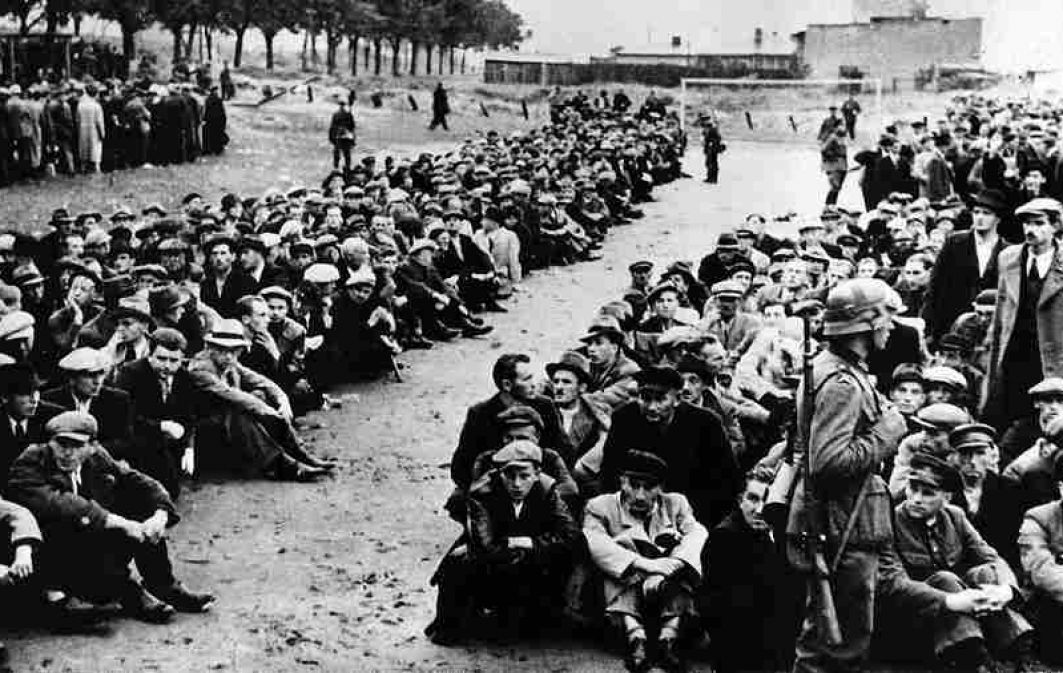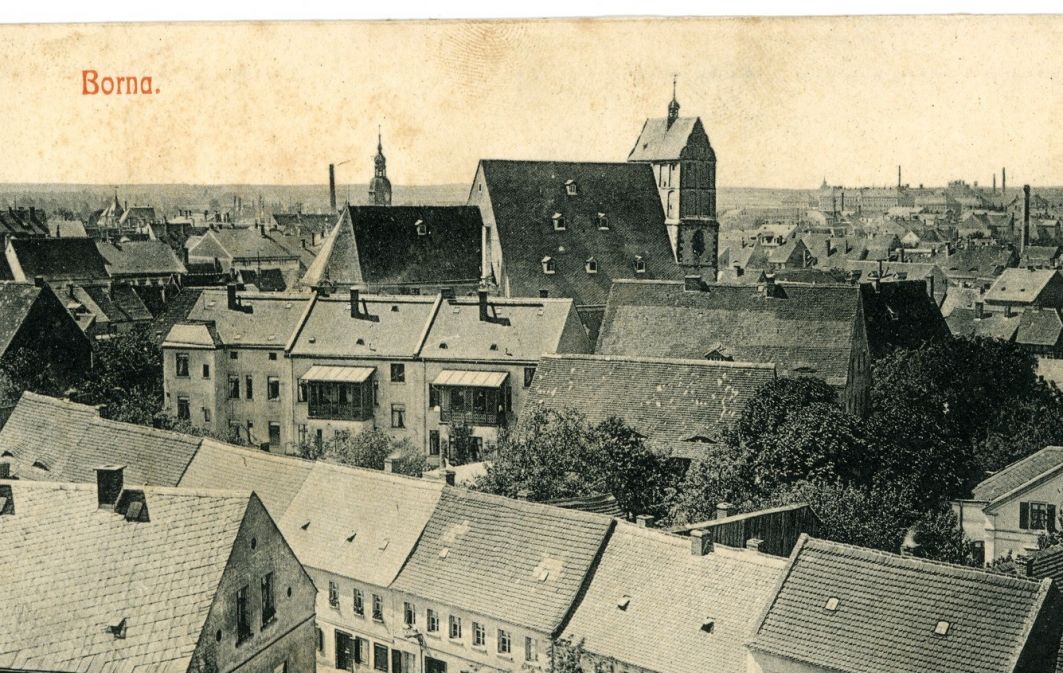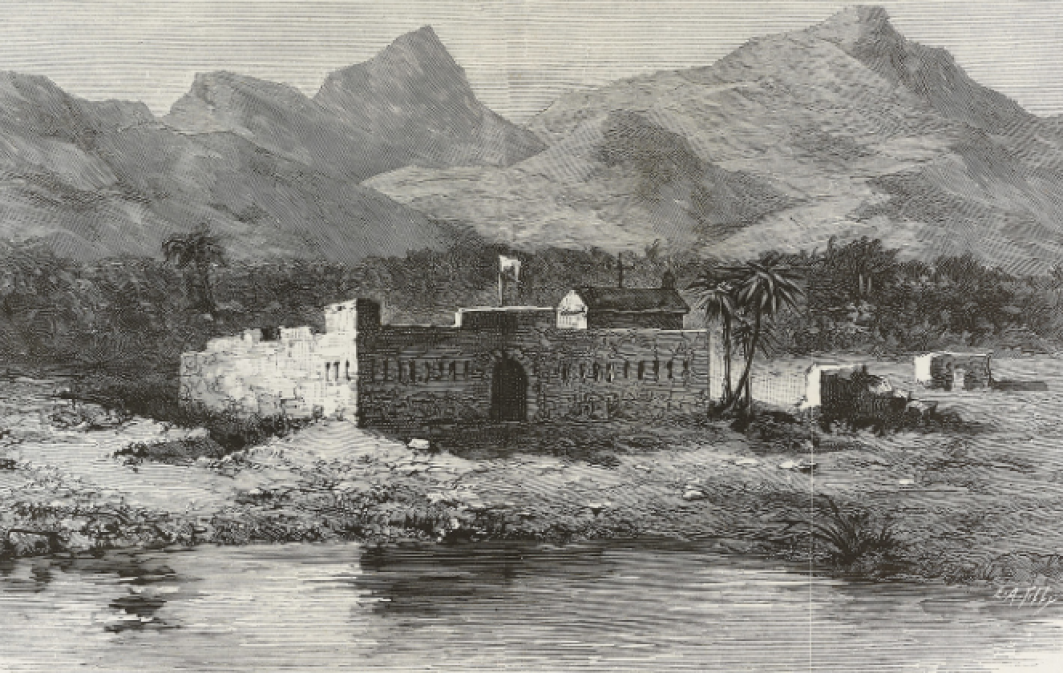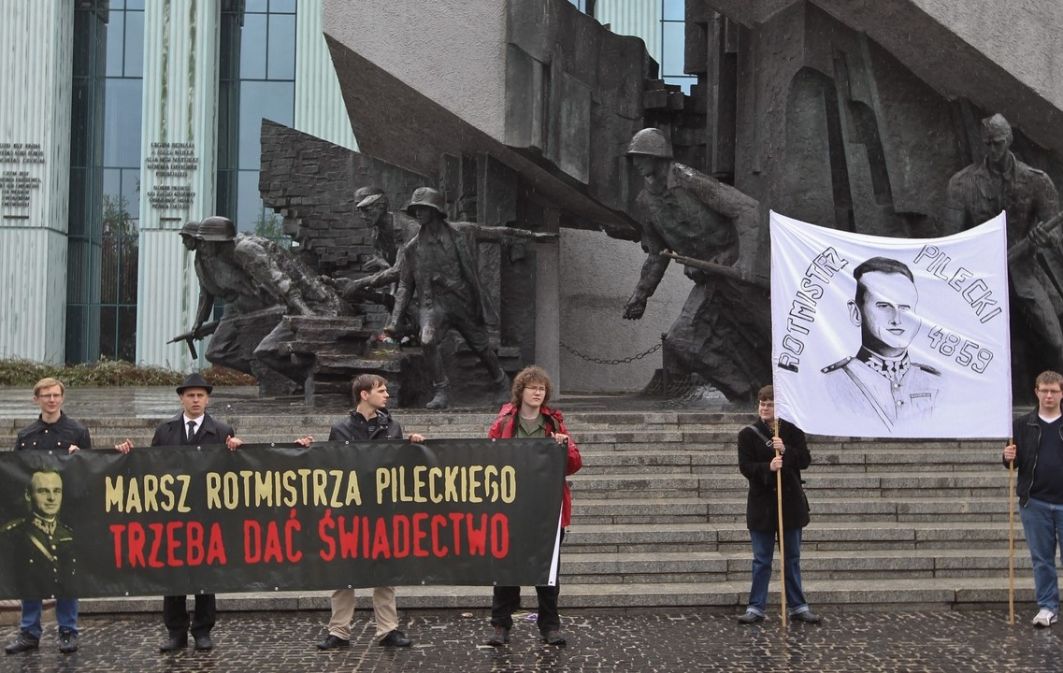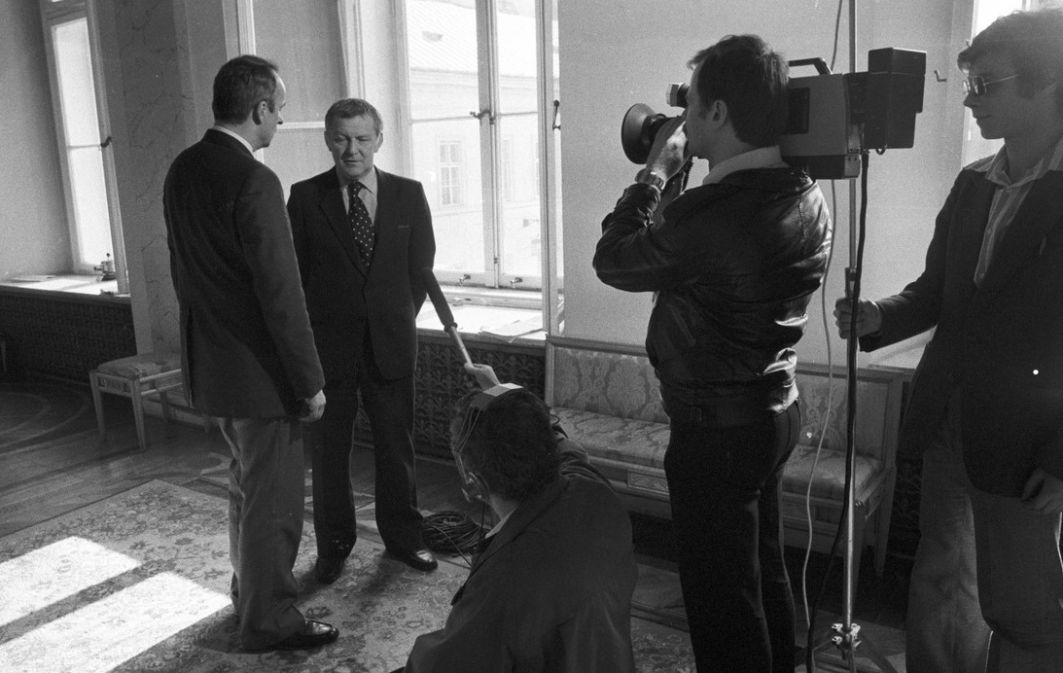At the end of March, the French Court of Cassation ruled against the extradition to Italy of ten former terrorists from what is known in Italy as the anni di piombo - the years of lead, which span two decades: from 1970 to 1990. The 1970s were at their hottest, while in the 1980s terrorist acts were less frequent, as the most dangerous organisations were broken up by the police. In turn, the police's successes were possible because of the use of crown witness legislation originally created to combat the Mafia.
Forgiveness of guilt
Most of the ten mentioned above are former members of the notorious Red Brigades, although there are also veterans of other organisations in this group. Hardly surprising, in the 'best' year of leftist terror, 1978, there were as many as 269 of them.
The excerpts from the justification of the verdict given in the French press, followed by the world media, are interesting. Among other things, one can read that: "These refugees have established stable families in France, so extradition would entail disproportionately harmful consequences for their private and family life".
During the years of lead, the terrorists protected by France today killed and permanently maimed (a speciality of the Red Brigades - shots to the knees) people they considered to be against the happiness of the proletariat. The harmful consequences for the private and family lives of the victims, however, did not catch the attention of the French Court of Cassation. It was a long time ago, and as we say in Poland about things that no longer matter - long ago and not true.
And red terror, and the corresponding black one, claimed some 450 lives and more than four thousand injured in Italy.
 SIGN UP TO OUR PAGE
SIGN UP TO OUR PAGE

Attempts to explain the motives behind left-wing terrorism - mainly Italian, but also German - have taken up many pages of paper, which does not mean that then and now anything can be understood from these explanations. Partially, in elements and fragments and aspects yes, but for someone who lived through those years on our side of the Iron Curtain it is still exotic.
The Red Terror, and the corresponding Brown Terror, claimed some 450 lives in Italy.
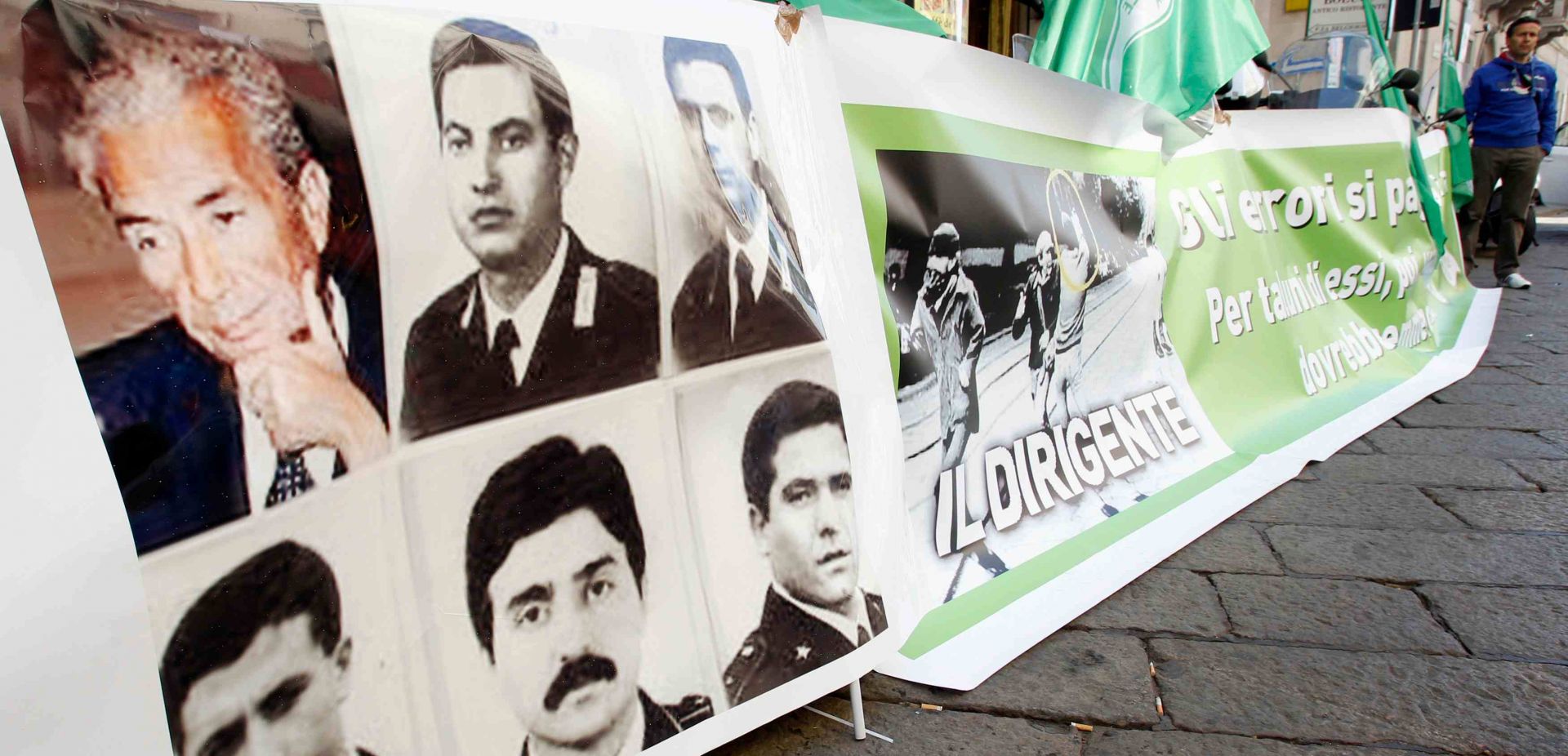
 SIGN UP TO OUR PAGE
SIGN UP TO OUR PAGE
 Attempts to explain the motives behind left-wing terrorism - mainly Italian, but also German - have taken up many pages of paper, which does not mean that then and now anything can be understood from these explanations. Partially, in elements and fragments and aspects yes, but for someone who lived through those years on our side of the Iron Curtain it is still exotic.
Attempts to explain the motives behind left-wing terrorism - mainly Italian, but also German - have taken up many pages of paper, which does not mean that then and now anything can be understood from these explanations. Partially, in elements and fragments and aspects yes, but for someone who lived through those years on our side of the Iron Curtain it is still exotic.
